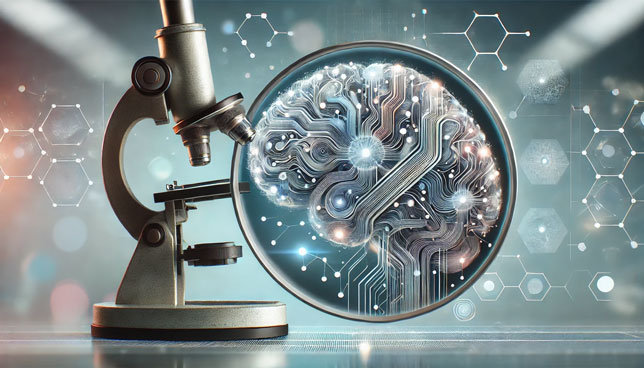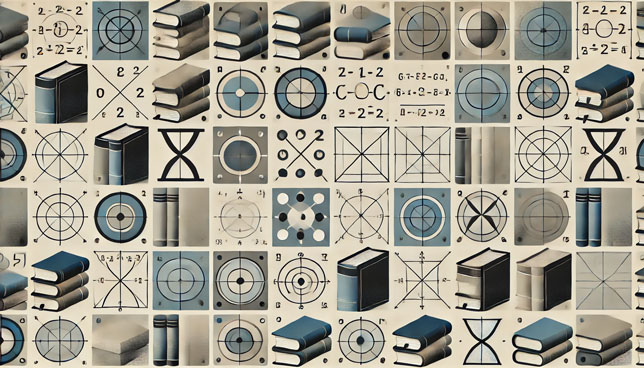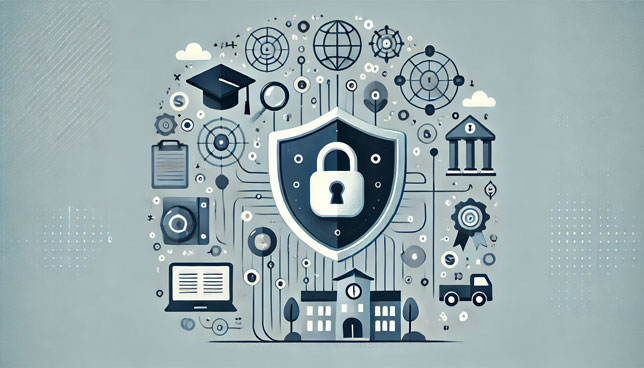K-12 Technology News
Here you'll find the latest news from the education technology world, from the newest hardware and software releases to policy and funding updates to research reports to school and district tech initiatives. Looking for more in-depth coverage of important topics? Be sure to visit our Features page.

Microsoft has announced a new AI-powered feature called "computer use" for its Copilot Studio platform that allows agents to directly interact with Web sites and desktop applications using simulated mouse clicks, menu selections and text inputs.

Anthropic has introduced new research tools designed to provide a rare glimpse into the hidden reasoning processes of advanced language models — like a "microscope" for AI.

CoSN, the professional association for K-12 ed tech leaders, has launched a national advocacy campaign urging Congress to maintain federal support for cybersecurity assistance in K-12 education.

While generative AI has become central to digital transformation strategies, a new report from Google Cloud reveals most organizations aren't yet equipped to support it at scale.

The Virginia Board of Education has approved Savvas Learning Company's line of enVision K-12 math programs for statewide adoption across all grade levels.

Stanford University's Institute for Human-Centered Artificial Intelligence (HAI) has released its eighth annual AI Index Report, measuring AI's diverse impacts over the past year.

K12TechPro, a community for technology professionals in education, has introduced the K12TechPro Cybersecurity Hub, a collection of resources designed to bolster cybersecurity in K-12 education.

In a recent blog post, Google shared an array of education customer stories, showcasing ways schools and districts are using AI tools like Gemini and NotebookLM to transform both learning and administrative tasks.

According to a new report from SnapLogic, 50% of enterprises are already deploying AI agents, and another 32% plan to do so within the next 12 months..

Microsoft has introduced a range of updates to its Copilot platform, marking a new phase in its effort to deliver what it calls a "true AI companion" that adapts to individual users' needs, preferences and routines.